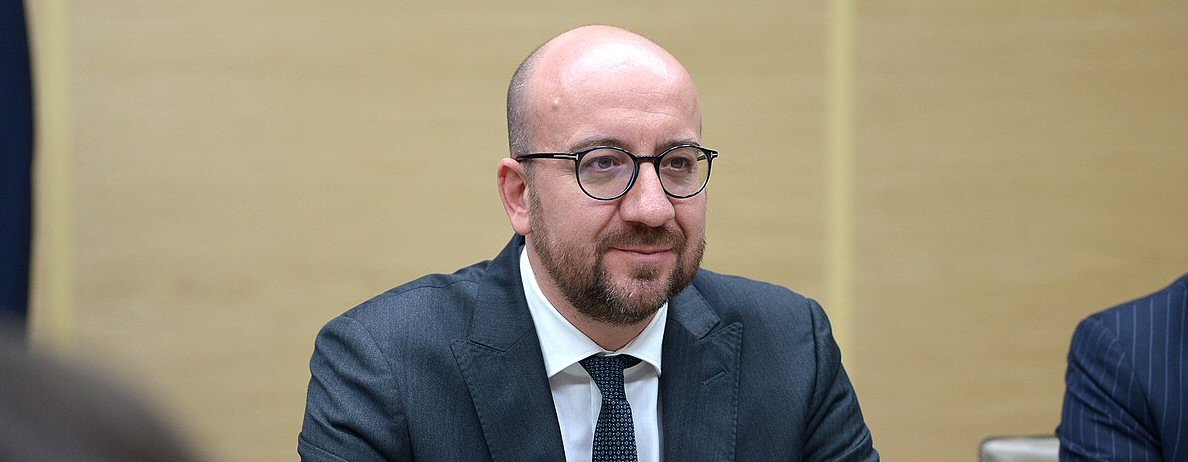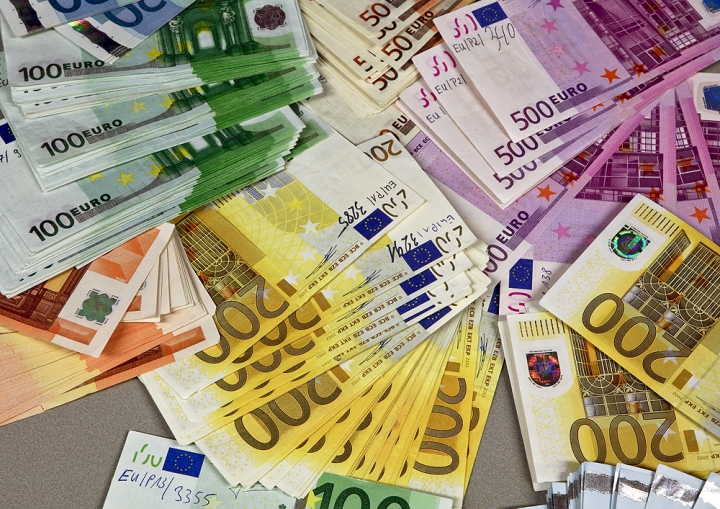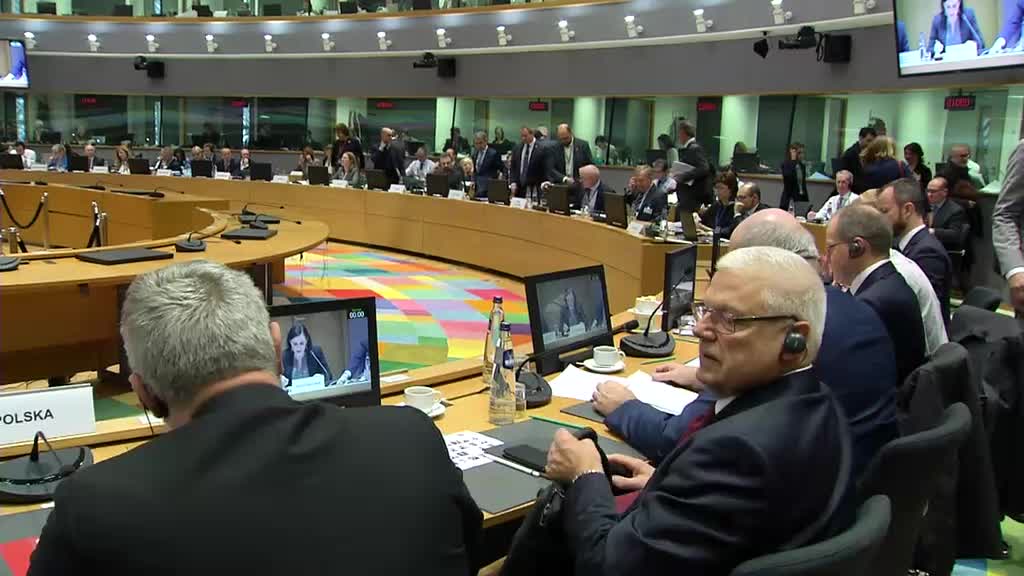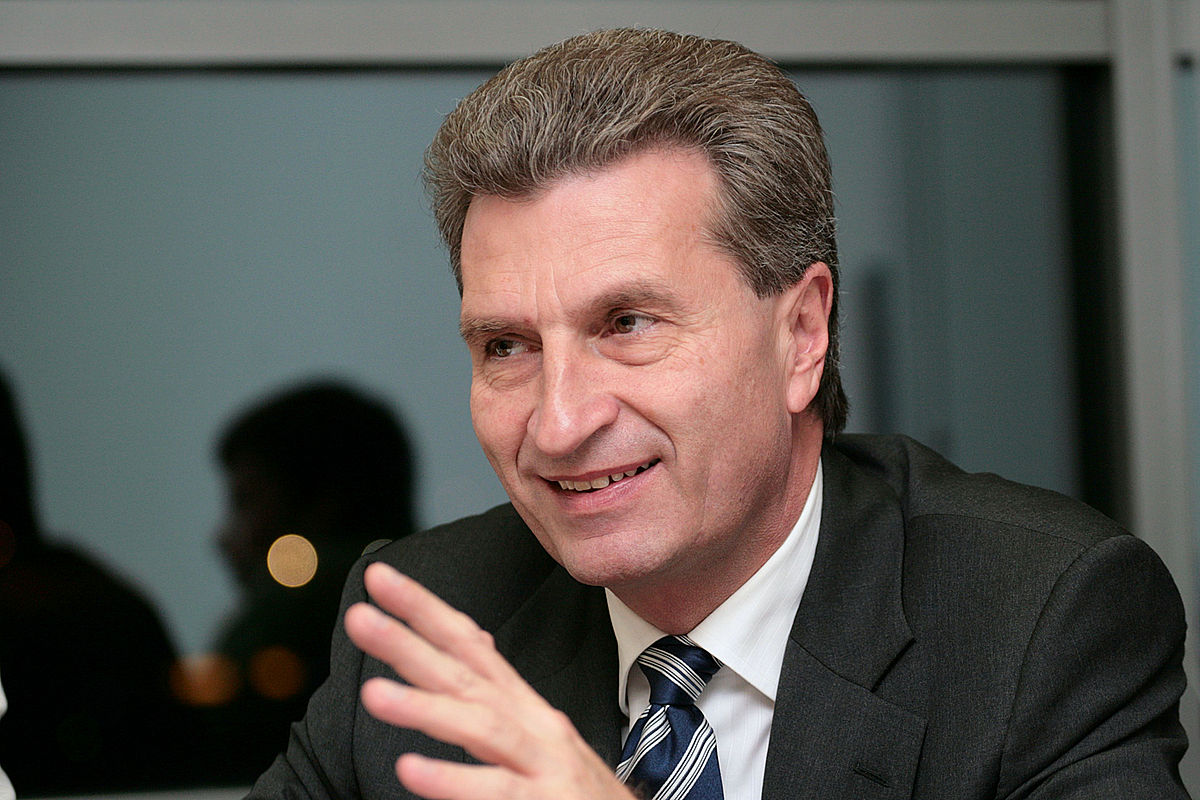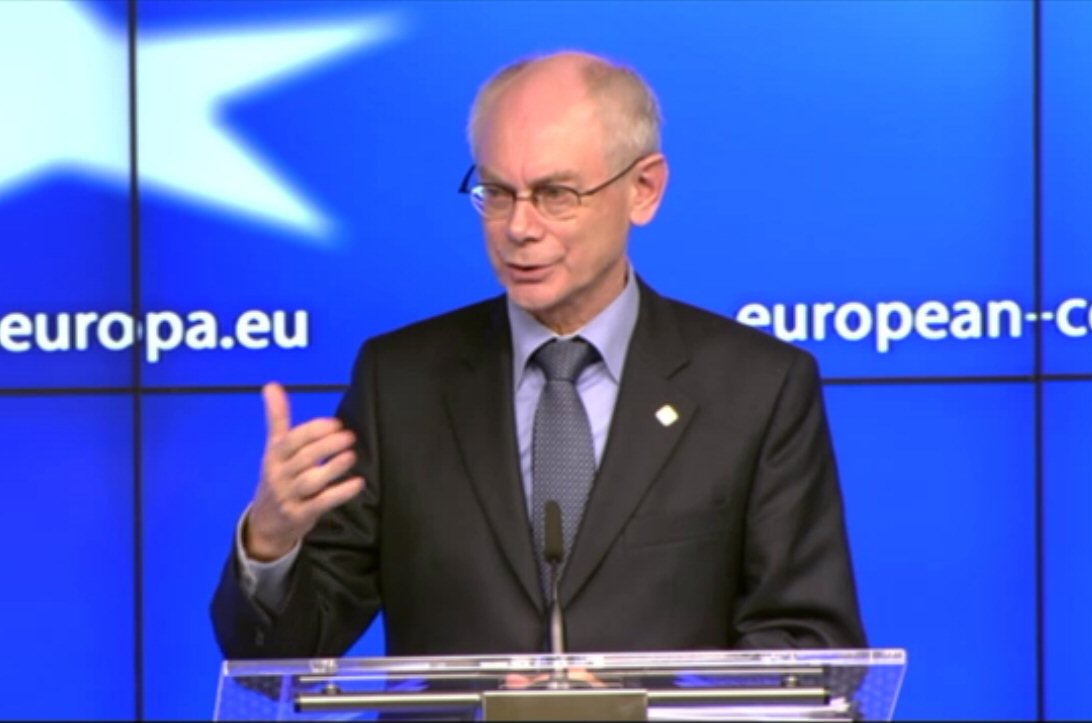Two defining events for the European Union take place in the next eight weeks: the European Parliament elections take place on 6-9 June and will determine the balance of power between the various political groups with differing priorities for the future of Europe; and the European Council meeting on 27-28 June will adopt the EU’s Strategic Agenda 2024-29 as well as attempt to agree on nominees for the EU’s top jobs, including the President of the European Commission. The climate organisation E3G has produced a very nice graphic that illustrates the key steps in the political timeline for the rest of this year .… Read the rest
When the CAP budget pendulum finally stopped swinging
In the early hours of Tuesday 21 July 2020, around 5.30 am, after four days and nights of negotiations, European Council leaders reached agreement on both the Next Generation EU recovery instrument and the Multi-annual Financial Framework (MFF) for the period 2021-2027. Reaching unanimous agreement among 27 leaders who entered the negotiations with widely different positions was an astounding political achievement. And although the inevitable compromises were accompanied by expressions of regret, it is extraordinary that every leader has expressed satisfaction with the final outcome.
There are many aspects of the European Council conclusions that warrant analysis: the agreement that the EU for the first time can issue debt to fund a stimulus package to address the catastrophic economic fall-out from the coronavirus pandemic; the future links between EU financial transfers to countries and the rule of law; the framework set out for additional own resources in the coming years; the continued relevance of budget rebates: and the extent to which the final outcome succeeded in ‘modernising’ the budget to reflect the EU’s new priorities.… Read the rest
President Michel’s solution to the MFF conundrum
In my previous post I discussed the challenges facing European Council President Charles Michel as he took over responsibility from the Finnish Presidency to prepare the draft conclusions on the Multi-annual Financial Framework for the coming meeting of the European Council on 20 February next.
The Finnish Presidency proposal had been attacked on all sides as unsatisfactory. Yet, in that previous post, I speculated that Mr Michel was unlikely to hear anything very different to what the Finnish Presidency had heard when charged with forwarding the ‘negotiating box with figures’ to the December 2019 meeting of the European Council.… Read the rest
Charles Michel’s MFF juggling act
During the past few weeks, the President of the European Council Charles Michel has been meeting national sherpas to sound out Member State positions regarding the Commission’s proposal for the next Multiannual Financial Framework (MFF) for the period 2021-2027. In the next few weeks he will be meeting national leaders face-to-face.
He has called a special European Council meeting which, ominously for national leaders who value their beauty sleep, is scheduled to start on 20 February but which notably has no termination date or time. Mr Michel may plan to take a leaf out of the Saudi Crown Prince Mohammed bin Salman’s playbook who famously kept the rich elite of Saudi Arabia under lock and key in a luxury hotel until they agreed to part with some of their money.… Read the rest
MFF discussions pushing small increase in CAP budget compared to Commission proposal
The European Council leaders at their meeting on 17-18 October 2019 failed to make progress in advancing discussions on the next Multi-annual Financial Framework (MFF) due to start on 1 January 2021. The Council’s conclusions noted that: “Further to a presentation by the Presidency, the European Council exchanged views on key issues of the next Multiannual Financial Framework such as the overall level, the volumes of the main policy areas, the financing, including revenues and corrections, as well as the conditionalities and incentives. In the light of this discussion, it calls on the Presidency to submit a Negotiating Box with figures ahead of the European Council in December 2019”.… Read the rest
Update on the budgetary framework for the CAP post 2020 negotiations
As with the 2013 reform, the legislative process for the Commission’s CAP post 2020 proposal runs parallel to the discussions on its Multi-annual Financial Framework (MFF) proposal. This parallel process creates three complications for the CAP post 2020 negotiations.
The first is that the timing of the agreement on the MFF influences the timeline for concluding the CAP negotiations (let us call this the sequencing issue).
The second is that the size of the CAP budget is not known when the details of the CAP legislation are being negotiated (I refer to this as the budget issue). Uncertainty over the budget may bias the negotiations towards a more conservative CAP, in the sense of one with a lower level of environmental and climate ambition.… Read the rest
Member State CAP allocations and progress on the MFF
The Commission’s presentation of its CAP legislative proposals in June 2018 includes Annexes setting out the Member State allocations both for Pillar 1 direct payments (Annex IV of the draft CAP Strategic Plan Regulation) and Pillar 2 rural development (Annex IX of the same draft Regulation). In its draft legislative proposals for the 2013 CAP reform, the Commission had also included an Annex setting out the Pillar 1 Member State allocations (based on the external convergence formula that it had put forward in its MFF proposal a couple of months previously).
But this was not the case for Pillar 2 allocations.… Read the rest
No decision on MFF budget at first attempt
Van Rompuy’s second attempt (HvR-II) at preparing draft conclusions on the EU’s multi-annual financial framework (MFF) for the European Council which failed to agree them at this week’s special European Council meeting can be summarised in two sentences: (a) within the overall budget, the reinstatement of much of the CAP spending cuts at the expense of all other budget headings (except Administration which stayed the same, though see below); and (b) separately, within Heading 1, a shift from competitiveness (Europe 2020) to cohesion spending.
The detailed figures are shown in the table below. The total budget (including extra-MFF spending) in HvR-II is maintained at exactly the same level as HvR-I but because emergency aid for humanitarian crises in developing countries is moved out of the MFF, the MFF total falls by just over €1 billion euro.… Read the rest



